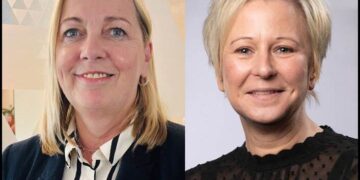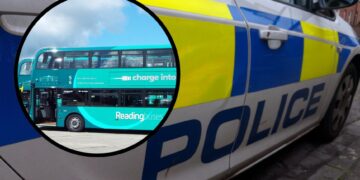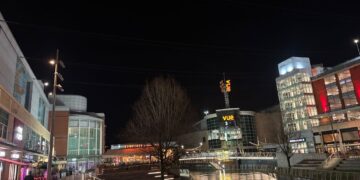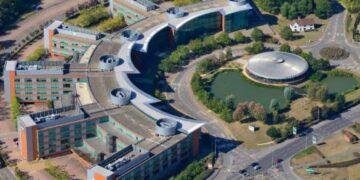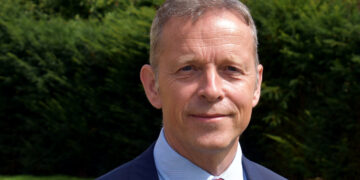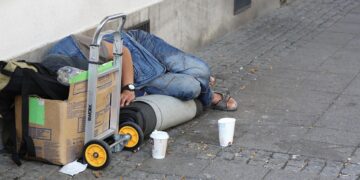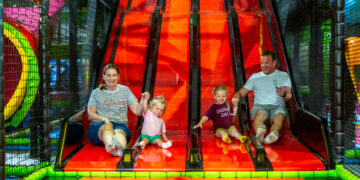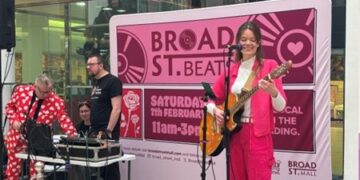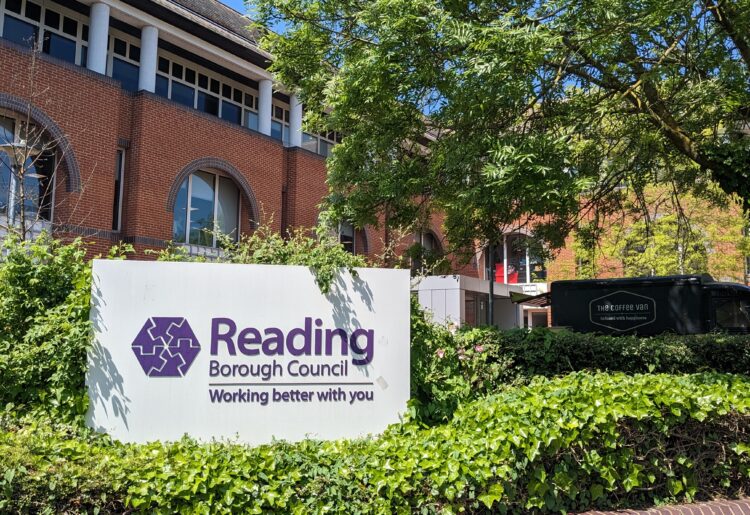A NEW campaign in Reading is pushing for even more comprehensive recycling of food waste.
Reading Borough Council is urging residents in homes across the borough, including most flats, to take advantage of their weekly food waste recycling collection to ensure that’s where their food leftovers go instead of in their grey bins and into landfill.
The council has teamed up with re3 ahead of the festive season to encourage residents who are not recycling their food waste to get started, and to encourage everyone – even those who already make use of their food caddies – to think about if any food items still going in their grey bin could be recycled instead.
Food waste is one of the most environmentally-friendly channels of disposal, as just one caddy of food waste can power a lightbulb for over 24 hours.
It also means less food goes to landfill, where it releases a powerful greenhouse gas called methane which contributes to global warming and the climate crisis.
Recycling food waste is also good for residents, as foul-smelling waste is reduced; food waste in your grey bin remains there for up to two weeks at a time, whereas food caddies are emptied weekly.
Recycling food items also frees up significant space in your grey bin.
As part of the borough-wide effort to improve recycling rates and create more clean energy, the council will be delivering a roll of free caddy liners to each house in Reading to support their re-energised participation over the festive period.
Over the next month as part of the campaign residents will receive leaflets explaining the benefits to both residents and the environment of recycling food waste, and listing many of the items that should go in there
The council is also providing stickers on their grey bins reminding residents that food waste should not be put in there, and a roll of ten food waste recycling bags
A red sticker will be applied to residents’ general waste bins with a simple reminder that food waste doesn’t belong in your grey bin.
Instead, it should go into your free food caddy – collected every week and transformed into green electricity to power homes.
The campaign comes as local recycling figures show that people in Reading are performing well: almost 6,700 tonnes of food waste was collected from the kerbside and schools in 2024/25 amongst a total of around 21,000 tonnes of waste.
However the council says that there is still work to do to improve those statistics–almost a third (29%) of grey bin / general waste is still made up of food that should be recycled.
Residents are being reminded that items should go in their food waste recycling include all plate scrapings and leftovers; mouldy and stale bread, cheese; egg shells; tea bags and coffee grounds; meat and fish bones, skins; fruit and veg peelings, skins; and used cooking oil (in a sealed plastic container).
Funded jointly by Reading Borough Council and re3, the food waste recycling project also aims to reduce waste disposal costs, as processing food waste is approximately £100 per tonne cheaper to process than general waste, and is more energy efficient to dispose of.
Karen Rowland, Lead Councillor for Environmental Services and Community Safety, said: “Every crust, peel and coffee ground you recycle helps to create renewable energy and nutrient-rich compost used by local farmers.
“It’s a simple way we can all do something positive for our community and the planet.
“We know many Reading residents are already fantastic recyclers but remembering to use your food caddy each time you cook or clear plates can make an enormous difference. That’s why we’re giving residents a roll of free caddy liners – if you’re not already recycling your food waste there’s now no excuse not to start.
She explained: “If you are recycling your food waste this is a reminder to make sure you are recycling every bit of food waste you can.
“The new bin stickers are a gentle reminder that food waste belongs in the caddy – not the grey non-recyclable bin.
“So many residents in Reading are passionate about climate change, but currently Reading is recycling less food waste per household than our re3 neighbours in Bracknell Forest and Wokingham.
“I know that together we can redouble our efforts, join in on the programme if we haven’t already and take the lead on this very critical environmental initiative.
She added: “The festive season is the perfect time to start with food waste recycling – please don’t put your turkey carcass and bones in your grey bin, put them in food waste recycling instead in one of the new bags we’re providing to households”.

